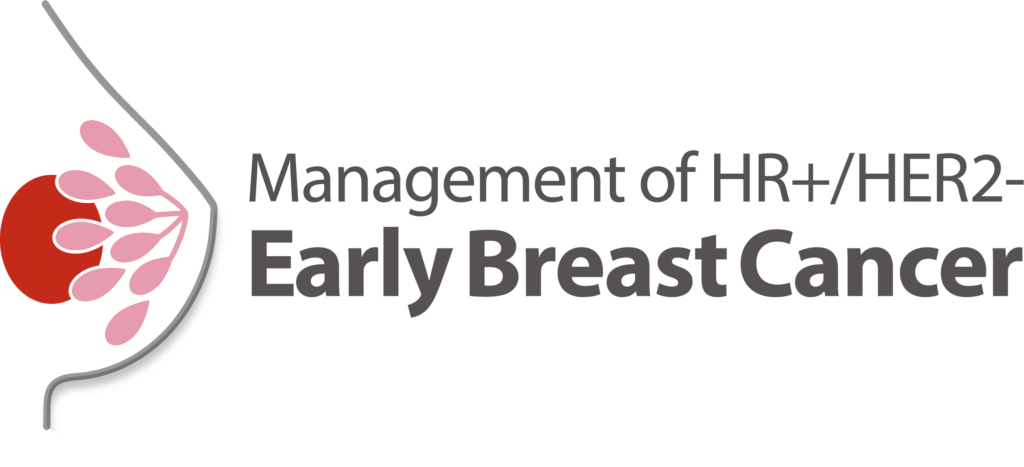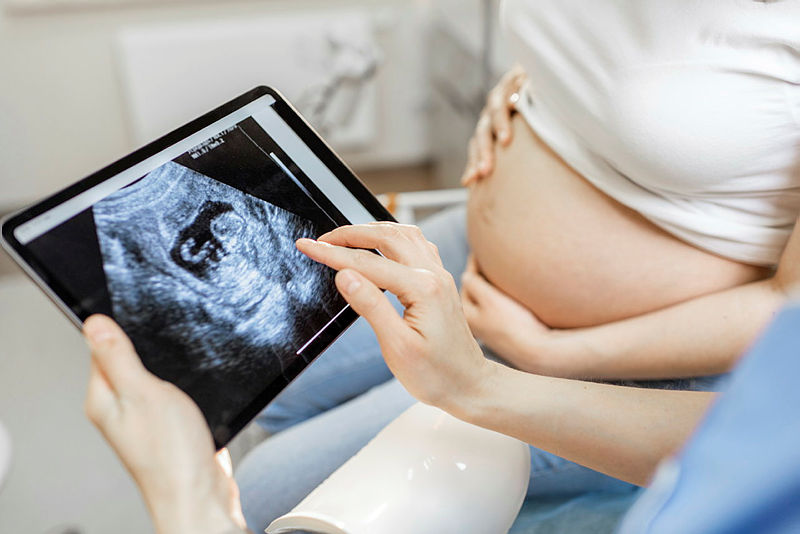medwireNews: Temporarily withholding adjuvant endocrine therapy (ET) to attempt pregnancy does not adversely impact the short-term disease outcomes of women with hormone receptor-positive early breast cancer, indicate POSITIVE data.
The pregnancy and offspring outcomes were also favorable, investigator Ann Partridge (Dana-Farber Cancer Institute, Boston, Massachusetts, USA) told delegates of the 2022 San Antonio Breast Cancer Symposium in Texas, USA.
And Jennifer Litton (The University of Texas MD Anderson Cancer Center, Houston, USA), who discussed the presentation, commented that POSITIVE “is the first prospective study to tackle a really difficult question” and “gives us really a first look into the safety of a practice that was already happening.”
The international study recruited 516 premenopausal women with stage I–III hormone receptor-positive breast cancer and no clinical evidence of recurrence who had received adjuvant ET for 18–30 months and wished to become pregnant.
Forty-three percent of the participants were aged 35–39 years, 34% were younger than 35 years, and 23% were aged 40–42 years. Participants were enrolled at a median of 29.0 months from breast cancer diagnosis and had received ET for a median duration of 23.4 months before enrollment. Selective estrogen receptor modulators were the most commonly used ET option, either alone (42%) or alongside ovarian function suppression (36%). The majority (74%) had HER2-negative disease.
Women enrolled in the trial stopped ET within 1 month of enrollment, and the protocol permitted them to remain off ET for up to 2 years – including an initial 3-month washout period – to allow for conception, delivery, and breastfeeding. The protocol “strongly recommended” fertility assessment if there was no pregnancy by 1 year and also resumption of ET after pregnancy or at the end of 2 years to complete the full course, explained Partridge.
After a median follow-up from recruitment of 41 months, there were 44 breast cancer relapse events – namely ipsilateral, locoregional, or contralateral invasive disease or distant recurrence – in the POSITIVE study population, which was within the safety threshold of 46 events, and gave a 3-year cumulative incidence of breast cancer relapse of 8.9%, said the presenter.
Half of the events were distant recurrences, giving a cumulative incidence of distant relapse at 3 years of 4.5%.
The researchers compared the POSITIVE outcomes with those from a matched external control population drawn from the SOFT/TEXT trials (n=1499), which evaluated the value of adding ovarian function suppression to tamoxifen or exemestane in premenopausal patients. They found that the 3-year cumulative rates of breast cancer and distant relapse did not differ significantly between the POSITIVE and control cohorts, at 8.9% versus 9.2% and 4.9% versus 5.8%, respectively, giving absolute between-group differences of –0.2 and –1.4 percentage points.
Of the 497 POSITIVE participants who were followed up for pregnancy status, 368 (74%) had at least one pregnancy during the study period and 317 (86% of those who became pregnant) had at least one full- or preterm live birth.
Nineteen percent of the 497 women had at least one miscarriage, 3.0% had at least one elective termination of pregnancy, and 0.2% had at least one stillbirth or neonatal death. Complications – most commonly hypertension/preeclampsia or diabetes – occurred in 11% of pregnancies.
In all, there were 335 singleton births and 15 sets of twins from 317 women, giving a total of 365 offspring, of whom 8% had low birthweight (<2500 g) and 2% had birth defects. The majority (62%) of women reported breastfeeding.
Partridge told the audience that they “plan to follow this cohort for at least a decade, out to at least 2029, to monitor for endocrine therapy resumption and disease outcomes because, of course, in the setting of hormone receptor-positive breast cancer, there is great concern about late recurrence.”
She continued: “However, these data stress the need to incorporate patient-centered reproductive healthcare […] in the treatment and follow-up of our young women with breast cancer, so that they can not only survive, but thrive in their survivorship.”
medwireNews is an independent medical news service provided by Springer Healthcare Ltd. © 2022 Springer Healthcare Ltd, part of the Springer Nature Group
SABCS 2022; San Antonio, Texas, USA: 6–10 December
Conference link: https://www.sabcs.org/2022-SABCS
Author: Shreeya Nanda

